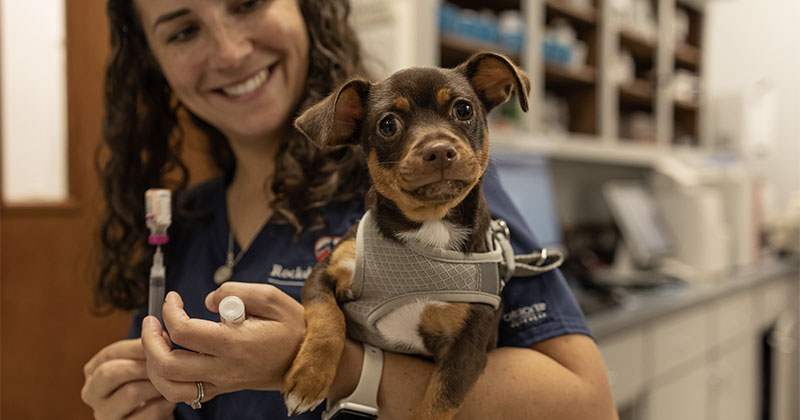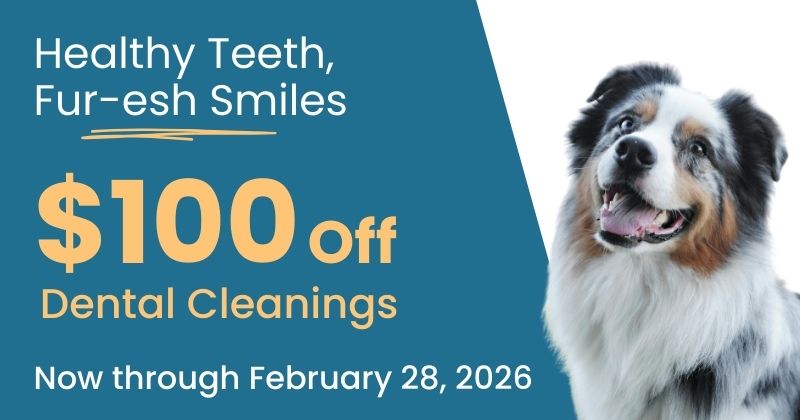
Vaccinating your pet is crucial to ensuring their long-term health. Vaccines not only prevent many life-threatening illnesses but also protect against diseases common in wildlife and those that can be transmitted to humans. Puppies and kittens are especially vulnerable due to their developing immune systems, making early vaccination vital.
While all medical treatments carry some risk, the benefits of vaccinations far outweigh the potential for side effects. Adverse reactions are rare, and when they do occur, they are generally mild and short-lived. Our veterinarians will guide you on what to monitor after your pet is vaccinated.
Our veterinarians will create a tailored vaccination plan based on your pet’s specific needs. Below are the most commonly recommended vaccines:
Newborn puppies and kittens are vulnerable to infection, but they gain temporary immunity from their mother’s colostrum—the antibody-rich milk produced in the first few days after birth. This protection is short-term, lasting until the babies’ immune systems mature, which occurs between 14-20 weeks of age.
During this period, maternal antibodies can neutralize vaccines, making them ineffective. This is why puppies and kittens need a series of vaccines spaced over several weeks, starting at six weeks of age. This schedule ensures they’re protected as their maternal antibodies wear off, giving their immune systems the best chance to develop. Even adult pets receiving a vaccine for the first time benefit from two doses to maximize their immune response.
If you’re ready to schedule vaccinations for your pet, make an appointment online or call us at (770) 922-8600.

Dental health is a key part of your pet’s overall well-being — and now’s the perfect time to schedule:
Call (770) 922-8600 to schedule today!

Choosing a Pet Prime® Membership helps ensure that your pet receives regular immunizations to protect against these serious, and sometimes deadly, diseases.
A membership includes the vaccinations your pet needs, including required boosters, plus:
If you’d like to contact us, call us at (770) 922-8600 or request an appointment online.
Follow us on social media: